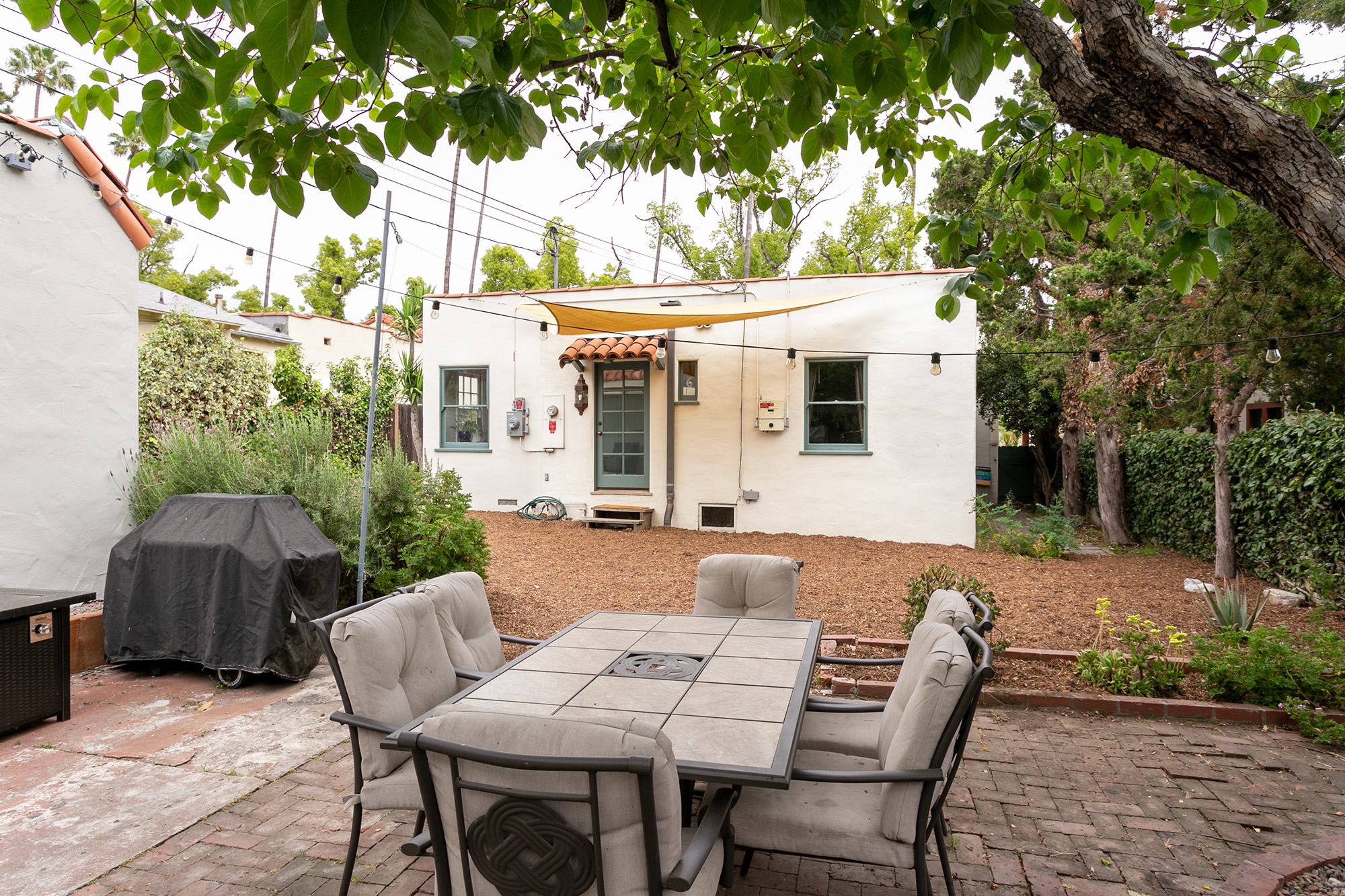Should I Avoid Additions Without Permit
Should You Avoid Additions Without Permit?
There are a lot of homes with additions done without a proper permit. You can’t always avoid them, so there are some important questions you need to ask before you are fully committed.
Glendale is filled with homes that have additions and modifications done without permit. In fact, most of our homes are over 80 years old. It is pretty hard to find a house without something that is unpermitted. The key is understanding what is unpermitted and the probable and possible consequences for you in the future.
Do not assume the seller will cure the problem! Most Glendale buyers will accept additions done without a permit as long as it is reasonably well done. This means the seller has no incentive to get them – if you don’t buy the home, someone else will.
This will change if your city starts to require a presale inspection. The inspector will report on modifications and additions done without a permit and the city could require a permit before the transaction can proceed.
Risks Of Unpermitted Additions
Here is what you need to consider.
How important is the space? A finished and enclosed patio is less important than a primary bedroom suite.
Does the space have a quality look and feel or does it feel slapped together in a haphazard manner?
Is it too close to the lot lines? If an addition is too close to the sides or back of the home there is an increased chance of future trouble.
Most important… what does your general home inspector think? A home inspection is a critical safeguard in your home purchase process. Read more about the home inspection here.
Common Additions Done Without Permit
The most common unpermitted addition is enclosing and incorporating an outdoor porch into more living space. This might be a service porch incorporated into the kitchen, a patio improved into a family room or a summer porch turned into an office or craft room.
The second most common unpermitted space is converting a garage into a living space – anything from a finished multi-purpose room to full-blown in-law quarters. Converting the garage was traditionally almost impossible to do with a permit, but recent changes in California have dramatically changed that situation. Read: Everything You Need To Know About ADUs
Risks Of An Unpermitted Addition
If everything looks good to you, then it is time to make a decision- do the benefits of the addition outweigh potential risks?
The risk, of course, is that the city could force you to make a change. This is possible if the city is alerted to the unpermitted addition- either by neighbor complaint or because you bring a city inspector into your home. Assessing this risk is highly individual and you should counsel with your real estate professional.
The additional risk is that Glendale could change its enforcement standard from passive to active. This would mean some sort of systematic identification and permit enforcement. While we do not see that change on the horizon in Glendale, the wise buyer prepares for the worst.
The benefit is that you are likely paying far less for the addition than a similar house with a permitted addition. Does having a dedicated home office (as an example) have a lot of benefits for you? If so, then the lower cost of the home might outweigh the (relatively low) risk of being forced to convert back to a garage.
Last – in the unlikely event (under today’s conditions) that you are forced to remove or modify the unpermitted addition, would you still want to own this home?
Selling With Additions Done Without Permit
When you sell the home, make sure you disclose any unpermitted space or modification as soon as possible. As of this writing, buyers who won’t move forward on a home like yours are in the minority.
However, market conditions and government regulations can change. Only you can decide if the risk is worth the house.






